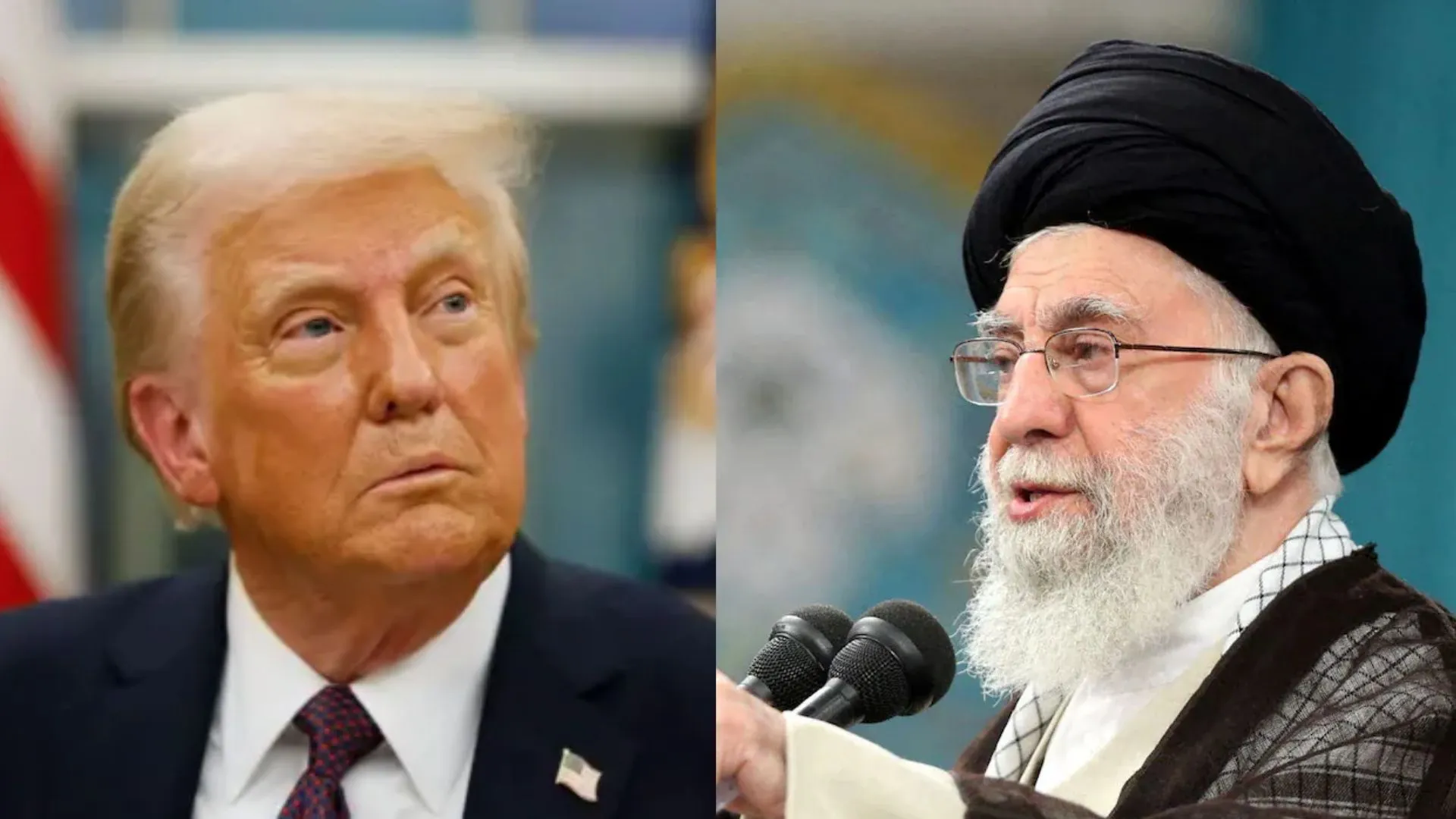Union Minister Kiren Rijiju has called out controversial Islamic preacher Zakir Naik, urging him not to mislead Indian Muslims regarding the Waqf Amendment Bill. Rijiju’s comments came in response to Naik’s social media post urging Muslims to reject the bill and protect Waqf properties.
Zakir Naik’s Call to Action Against the Waqf Amendment Bill
Zakir Naik recently took to X (formerly Twitter) to express his strong opposition to the Waqf Amendment Bill, encouraging Muslims in India to unite in rejecting the proposed legislation. Naik’s post appealed to Muslims to “stand together to defend the sanctity of Waqf” and reject the bill, which he claims threatens the future of Islamic institutions in the country.
“Save Indian Waqf Properties, Reject The Waqf Amendment Bill! Let’s stand together to defend the sanctity of Waqf and ensure its preservation for future generations,” Naik wrote in his post. He further called on at least five million Indian Muslims to actively voice their rejection of the bill, emphasizing the urgency of collective action.
Also read: Rahul Gandhi Hails Indians in US as ‘Bridge’ Between Nations
Naik’s post read: “This is an urgent call to the Muslims in India to stop this evil which breaches the sacred status of waqf, and has evil repercussions on the future of Islamic institutions. We will bear Allah’s wrath and the curse of subsequent generations if we allow this bill to pass. Stop the evil or bear its liabilities in this life and in the Hereafter! Say no to the Waqf Amendment Bill!” (sic).
He continued, “At least 5 million Muslims of India should send their rejection of the Waqf Amendment Bill. As Muslims of India, we will be held accountable if we do not prevent the Muslim Waqf properties from being taken away from the Ummah.”
Rijiju Responds, Urges Zakir Naik to Avoid Spreading Misinformation
Responding to Naik’s call, Kiren Rijiju reshared the preacher’s post on his official X account and cautioned against spreading misinformation. Rijiju emphasized that India is a democratic nation where people have the right to their opinions and expressed concern over Naik’s attempt to influence Indian Muslims from outside the country.
Please do not mislead the innocent Muslims from outside our country. India is a democratic country and people have the right to their own opinion. False propaganda will lead to wrong narratives. https://t.co/3W3YwtyJjI pic.twitter.com/LwV9Jh1YTg
— Kiren Rijiju (@KirenRijiju) September 10, 2024
“Please do not mislead the innocent Muslims from outside our country. India is a democratic country and people have the right to their own opinion,” Rijiju wrote. He further warned, “False propaganda will lead to wrong narratives.”
Understanding the Controversial Waqf (Amendment) Bill
The Waqf (Amendment) Bill, currently under scrutiny, seeks to reform the registration process for Waqf properties through a centralized portal, aiming to streamline the management and protection of these properties. The bill has been referred to a joint parliamentary panel for further examination.
As outlined in a recent presentation by the Ministry, the Waqf Board made claims between 1970 and 1977 on 138 properties that were originally acquired by the British government for the development of New Delhi. A total of 341 square kilometers of land was acquired during this period to build the national capital region, with compensation duly paid to the affected individuals—a claim that has been contested by members involved in the panel review.
Panel members have also raised concerns about the validity of the Waqf Board’s claims on properties in Delhi, questioning whether due processes outlined in the Waqf Act of 1954 were followed. The ongoing debate highlights the complexity and contentious nature of the bill, which aims to address longstanding issues related to the administration of Waqf properties in India.























